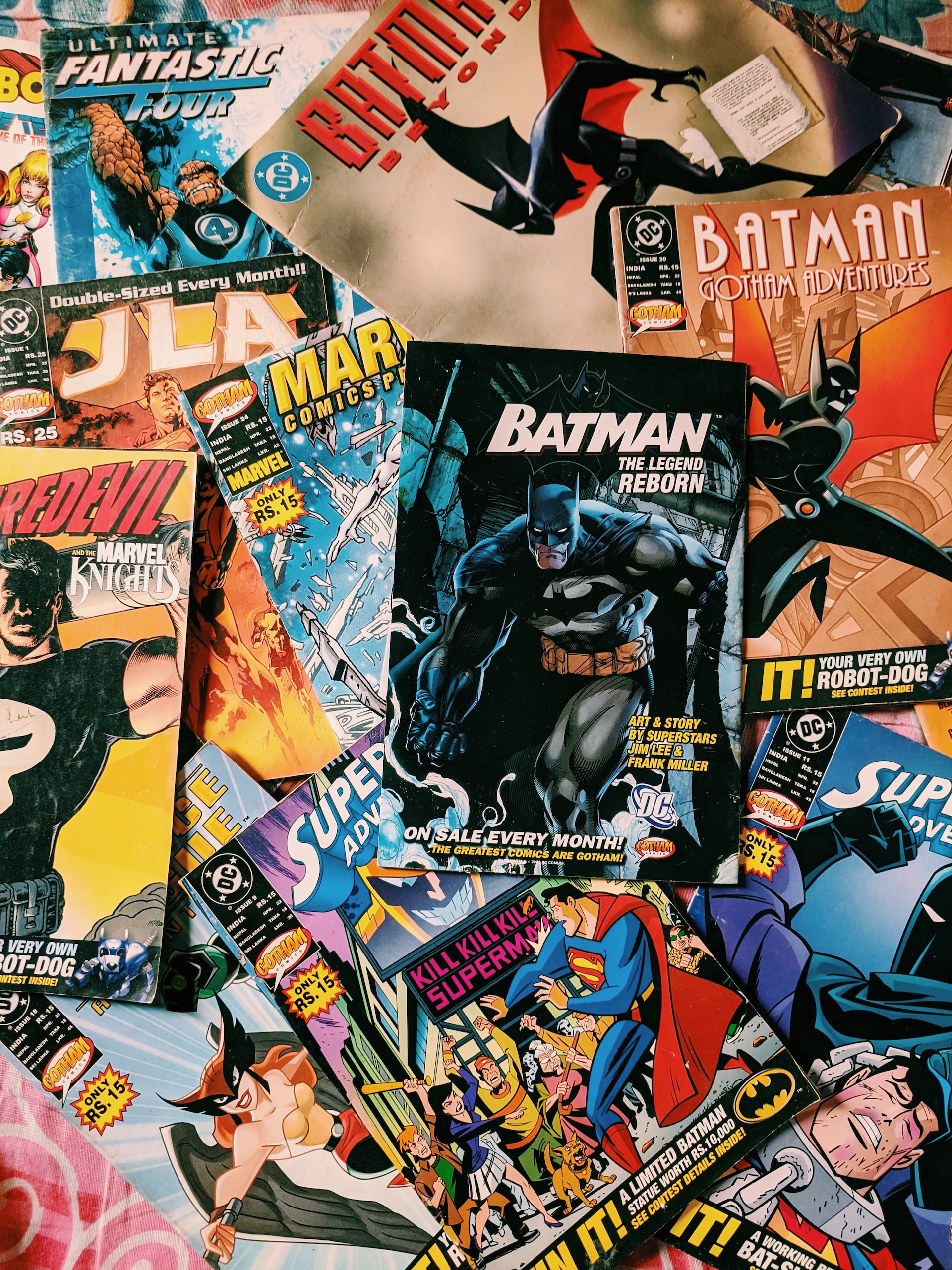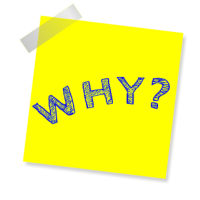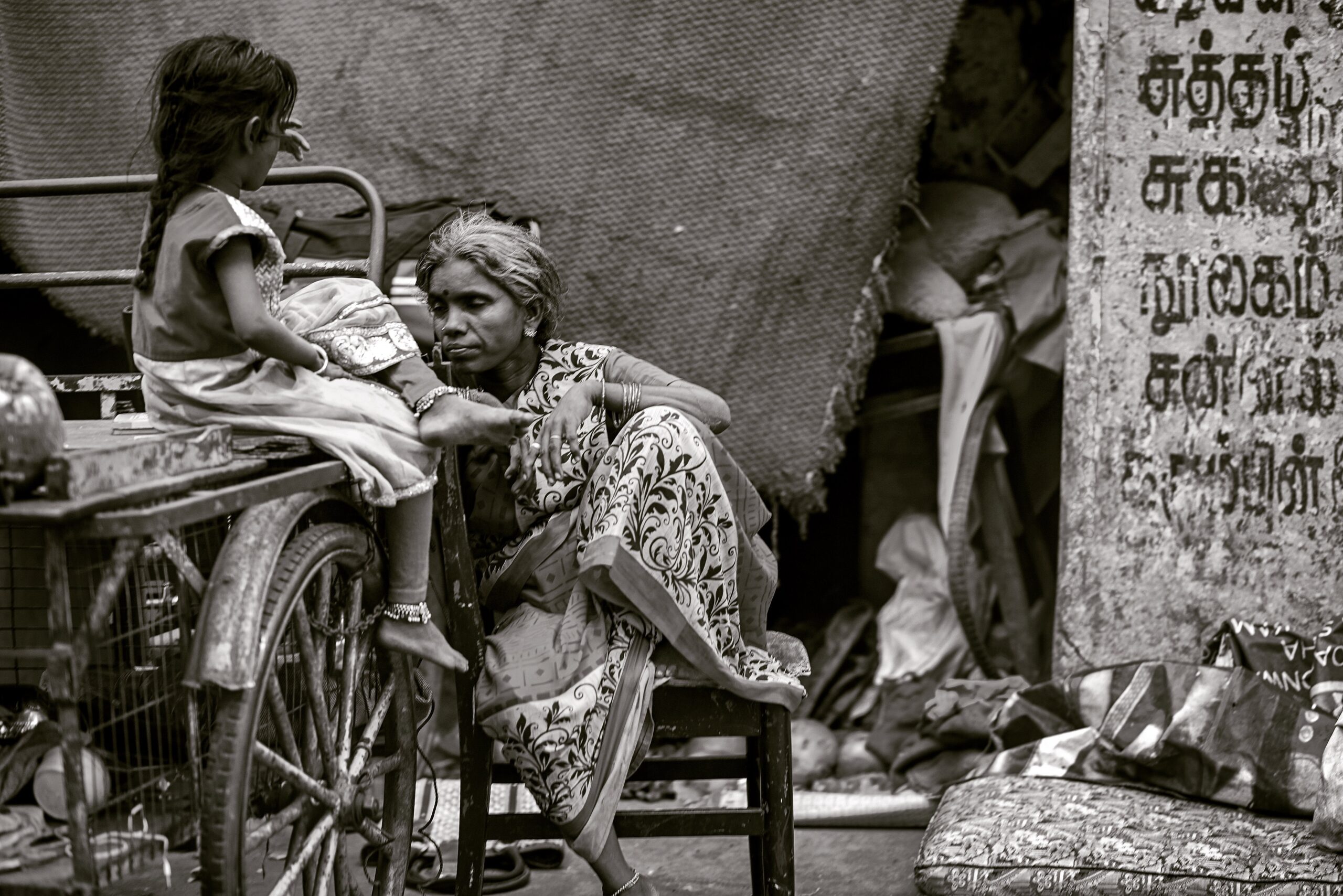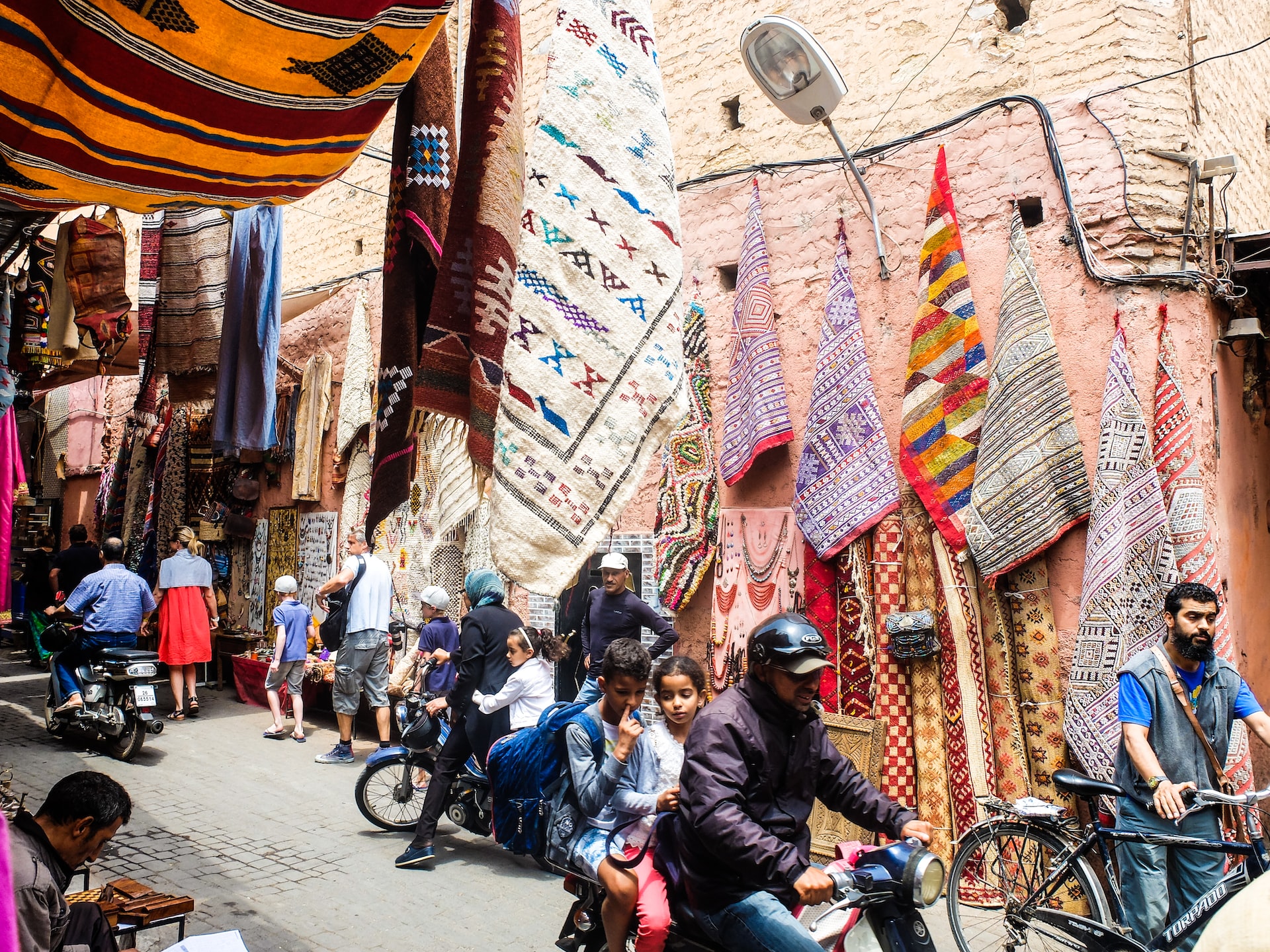I don’t know if it is just me, as a mother of grown up twin boys, but I get the distinct impression that popular movies, of the last couple decades, have been largely connected to the Marvel and DC universes. I do enjoy the movies, though I have seen fewer now that the boys are no longer close by. While I can never get the right collection of characters in each universe correct, I know that there is a lot of time spent on origin stories.
Origin stories, the stories of what has happened in the life of a character that brings them to their current place. These stories are not only an aspect of recent Marvel and DC characters.
As far back as I remember I knew the story of the murder of Bruce Wayne’s parents. Gunned down in front of him when he was a child. We are led to understand that he has responded to this tragedy by using his great wealth and ability to fight for justice. His choice of the name ‘Batman’ was connected to his childhood fear of bats. A powerful example of someone choosing to draw strength from facing their fears.
Superman or Kal-El , sent to Earth by his Kryptonian parents to escape their doomed planet. Found and adopted by Martha and Jonathan Kent in the rural mid-American town of Smallville. I don’t remember when he found his calling to fight for justice, but I know there was something to do with gravity.
Origin Stories

What is important though, with all the superhero personas, is that their origin story provided them with a very strong ‘why?’
Start with WHY.
In 2011, Simon Sinek took this idea and applied it to business and marketing. His book, Start with Why, published in November 2011 by Penguin UK, has become a cult classic in the field of entrepreneurship.
In the book, Sinek argues that ‘People don’t buy what you do; they buy why you do it.’ His much watched Ted talk can be found here: Start With ‘Why’ – TED Talk from Simon Sinek
How Important is the WHY?
Lately I have been faced with an unpleasant truth. After working hard on our business for several years, we still haven’t made any money. I have built amazing networks of teachers and educators. As well as a truly life-saving network of women in business. Honestly, If you are a woman and you want to start a business, you need to check out One Roof
I have learned about business and tech, consuming hundreds of hours of, often conflicting, training in marketing and business. But without any financial results.
Our latest coaching program, for out-of-field English teachers, hasn’t got the results I hoped for. Despite our research telling us that it is a major problem for schools and that our program is an effective solution, there was no engagement. In trying to understand why this is the case, I have had to consider that maybe lack of clarity around our ‘why’ could be part of the problem.
Our tagline for We Teach Well has changed a few times, as has our elevator pitch. For someone who lives and breathes ‘words’ I have had trouble articulating why I have undertaken this particular entrepreneurial journey. Or why I dragged my friend and long suffering co-founder along with me. Certainly we have talked about helping teachers, and about educational inequality, and our podcast is called Decolonising Literature. But I wonder whether our lack of income is partly due to me being vague about our purpose.

It is hard to shape a strong message, and promote it, when you are not clear on it yourself. My purpose has very strong and personal drivers, and I think that I have avoided talking about it for that reason.
I am not like Bruce Wayne, in almost every way, but specifically, I am not anxious to use my fears to make me stronger. Revealing my why is a little scary. But if it will help us in our goal to reduce educational inequality, then reveal it I will.
So here is my origin story.
I was 11 years old when I first realised there was something very wrong with the world I lived in.
My parents were Scottish, and Dad was a shipbuilder, who had begun his apprenticeship in Denny’s Shipyard in Dumbarton during the later years of WWII. Denny’s was only one of many shipyards on the River Clyde in Scotland, shipyards that had been building ships possibly as far back as the 15thC.

Our family was definitely part of the working class, and it was his training on the Clyde that gave dad, and my mum, the opportunity to travel to and live, firstly in Kolkata, India in the middle 1950s and then in Singapore in the 1960s.
I was born during their time in Kolkata, they then returned to Scotland for a few years, where my first brother was born. When I was about 5 years old we all went to live in Singapore for all my primary schooling, before migrating to Australia to join my mum’s very large family in 1966.
Assisted Migration
Like many working class families in the UK, mum’s parents and siblings had all taken advantage of the heavily subsidised fares on P&O ships sailing to Australia. Arriving in Melbourne they settled in and around Dandenong and Doveton, where the Heinz and Holden factories provided secure employment.
But, For Us..
Our travel to Australia was much more comfortable, due to being paid for by Dad’s employment contract. From Singapore we flew to Bangkok for a couple of weeks, before flying to Kolkata where we stayed with Dad’s best friend. After 4 weeks we flew to Mumbai where we embarked on P&O’s Oronsay for the voyage to Australia. It was a glorious and immensely privileged journey for an 11 year old.
A Shifting World View

It was the stop in Calcutta that profoundly affected my world view. I have a vivid memory of walking briskly behind my mother as she completed her shopping, a task she never enjoyed. But the view of an 11 year old is very different to the view of an adult.
What I saw were the children. Children with parts of their faces and bodies eaten by leprosy and children with disabilities who each day were left on the side of the footpath to beg. Small boys chained to elderly blind men who they led around the markets to beg.
Perhaps a crack had appeared in my thinking, a fault line which made me susceptible to seeing or feeling inequities and injustices that didn’t appear to worry other girls my age. A fault line exposed by the tremor felt in Kolkata, and the quake which followed in Australia, when I discovered racism.
Colonialism
I couldn’t process what I was seeing. These were children born in the same city as I had been, yet their lives were horribly different to mine. I couldn’t get my head around it. It would still be many years before I learned of colonialism and cultural imperialism. Mum and Dad were certainly not part of the Raj, it seems there was a hierarchy even amongst expats. But my life was privileged. Albeit I was unaware.
I made a very specific vow to God that I would return when older and richer, and build a big house to take in all the children. As I said, I didn’t yet understand colonialism.
Perhaps a crack had appeared in my thinking, a fault line which made me susceptible to seeing or feeling inequities and injustices that didn’t appear to worry other girls my age. A fault line exposed by the tremor felt in Kolkata, and the quake which followed in Australia, when I discovered racism.
Mum and dad had household staff in India and in Singapore, but if we had shown the slightest modicum of disrespect to any grown up, regardless of their position or job, dad would have knocked us into tomorrow.
Mum occasionally told a story of a stand off between me and my dad when I was 2 years old. According to mum I was throwing a tantrum and refusing to do what dad told me to do. There were to be many more of these, but what made this one go nuclear however, was me calling to one of the young men in the house to come and help with the task. Apparently that did not go well for me.
Discovering Racism
It was not until we arrived in Australia that I became aware of racism. I do understand that I was looking from an immensely privileged position, but I could find no examples in my experience on which to hang this new knowledge.
My early and teen years were totally absorbed with this issue. Of the idea that anyone anywhere could be worth less than another due to their skin colour or race. The books I read were by James Baldwin, John Howard Griffin, Harper Lee to name just a few. I think that is why I was later to the feminist party than others of my generation. My life was so completely dominated by the protestant, evangelical patriarchy that I couldn’t see the wood for the trees. But racism was different. I could see that. Couldn’t understand it, and there was no one in my life who could explain it to me.
But I had seen it.
Being a female, with undiagnosed ADHD and bipolar, living in a restrictive home, and with a growing antiauthoritarian mindset, I went through a range of stages and issues. It was hard to keep focussed on anything much.
Life was a series of ricochets as I careened from one topic or interest to another.
Trying to find a purpose that would grip me.
Every now and again, I would come across something to do with India or South East Asia and I would be transported back to the images stored in my brain. (lots and lots of RAM, but no useful search engine!) Long before the World Wide Web and the internet, my brain functioned sort of like what we now know as virtual reality.
The images are never 2 dimensional. All the senses are engaged by the colours, smells and sounds that are so much a part of South East Asia. And heightened even more in India.

Learning as a Safe Space
When I went back to finish year 12 as an adult, at the age of 23, after my divorce, and thank you Gough Whitlam, I started yearning to articulate what it was that I was feeling. I was starting to understand the importance of education. For me learning was an escape. A go-to place where I could lose myself, being confident that I could be successful at it. The social aspects of school were a nightmare, but the learning was my safe space. It dawned on me that that could be the same for other children but they may not have equal access.
You could be forgiven for thinking that this was what led me into teaching, but it wasn’t. I was determined not to be a teacher because that was what good girls did. I wanted to do something more interesting, so I majored in literature and media studies. Literature was a no brainer, losing myself in a book, or writing, had been my way of coping for ever. And media studies was a new field at that time. Something interesting.
It was through my work in media, particularly documentary film, that I was once again drawn into the horrible reality of racism and educational inequality. And I was learning how to articulate it. There were people around me who were concerned about the same things.
Finally, Teaching
Many years later, and with 2 precious sons to raise I realised teaching was the best option for me. No-one was more surprised than I by how much I loved it. As an English and literature teacher I was able to work with students to make sense of inequality and the reasons for it. It was during this time that I became aware that I was carrying a fair amount of colonial guilt.
When the boys finished high school I was able to go and teach overseas. Starting in India, then the Middle East and then Singapore. I met the most amazing, committed teachers and educators. Extraordinary humans with a passion for education.
It was in the early days of the internet and we were all trying to get our head around what that would mean for education. One thing it did highlight was that millions of students and teachers in the world did not have access to the training, resources and help that was available to teachers in Australia and other parts of the ‘developed’ world. It also showed that there were still education systems in the world which continued to function under the canopy of colonialism and cultural imperialism.
I also saw that there were courses in English Literature in dozens and dozens of countries, but the texts within them were not English. They were plays, novels, poetry and films created in countries far distant from England. Yet in calling them English literature, is it possible that we teach these texts through a western lens that devalues the culture, history and tradition within which the texts were created?
The term/title ‘Literature in English’ is used by those who understand this problem, but it is taking time to catch on.
Judy and Me
Both Judy and I saw the opportunities offered by the internet early. We talked about writing reference books on World literature that would deconstruct and attempt to decolonise the literature we were reading and teaching.
We would talk about it, and then life would get in the way, then we would talk about it again. Then we committed to doing something about it.
We Teach Well was established to promote borderless, curriculum agnostic education. To ensure that students everywhere, regardless of race, gender, religion, nationality (and any kind of ‘other’) get the best education possible. Share on X
We Teach Well was established to promote borderless, curriculum agnostic education. To ensure that students everywhere, regardless of race, gender, religion, nationality (and any kind of ‘other’) got the best education possible.
Student outcomes always improve if their relationships with their teachers are solid. We know that teachers are pivotal to student success and now we have the tools to help them. Tools that not only allow, but enable conversations between equals. Tools that open channels for collaboration, reciprocal sharing of knowledge and mutual respect.
And I have certainly found the purpose that grips me.
The Value of Liminal Space
I think that we are currently living in a liminal space. The pandemic stripped away unhelpful practices and mindsets that were wedded to the idea of ‘we have always done it that way.” We have discovered new ways of doing things in K-12 education that we could only dream of in the past. Edtech has grown exponentially.
We just need to hang on for a bit and reject any attempt to take us back to what was already a damaged system.
At We Teach Well we are starting with English language and literature. It is what we both know and love. But it is also the tool that was weaponised and used to subjugate huge parts of our world. English is not the only language that was used in this way. Other colonial powers used their language in the same way. But English was, and is, the most insidious.
If we keep working together, taking advantage of new technologies to connect with and support each other, then perhaps we can leave a more just, equal and life-giving world for our children and our children’s children.
That is my WHY!
Now I just need to work out how to generate some income so that I can keep doing it until the time comes to “shuffle off this mortal coil.”
Come on, you had to know I would stick Shakespeare in there somehow!!
Carolyn
